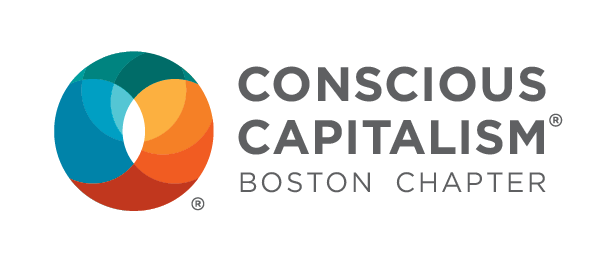Even companies employing sound Environmental, Social, and Governance (ESG) practices have room for improvement. Trillium Asset Management adheres to this credo as a firm that engages with the companies in which they invest to push for continued positive change, ensuring that they remain leaders in their industries. This is just one way that Conscious Capitalism principles connect to Trillium’s overall strategy. Investing in socially responsible businesses has been a part of Trillium’s mission since 1982. The firm has since grown into a leader in the ESG investing space, with offices in Boston, San Francisco, and Portland, OR. The $2.8 billion in assets under management (as of 03/31/2020) comes from a diverse client roster of individuals to endowments, religious groups to foundations—all of which are seeking ethical and long-term investment performance.
Allan Pearce, a shareholder advocate at Trillium, saw an opportunity for the firm to use its shareholding power to encourage change. “We were concerned Chipotle was not sufficiently focused on climate-related risks and opportunities it was facing,” he said. “For food and beverage companies, supply chain emissions are 5.9 times greater on average than their direct emissions. To us, this meant Chipotle was likely responsible for significant greenhouse gas (GHG) emissions through its agricultural supply chain.” Agriculture is reportedly responsible for up to 24 percent of global GHG emissions. Paradoxically, temperature and rain pattern changes are hitting the agriculture sector particularly hard. Chipotle has felt the effects, altering menus and raising prices – such as a 2018-19 Haas Avocado shortage.
Trillium joined forces with Ceres, a non-profit addressing sustainability challenges through company engagements, and a small group of other investors, in a dialogue with Chipotle in 2019. This small dialogue spun out of a larger initiative backed by investors with over $11 trillion in assets. Unfortunately, Chipotle executives showed little willingness to escalate climate change policies and practices. So, as a next step, Trillium filed a shareholder proposal in the fall 2019 asking for “plans to reduce its total contribution to climate change and align its operations with the projected long-term constraints posed by climate change as set forth in the Paris Climate Agreement and 2018 IPCC Report.” Trillium considers science-based targets a best practice as it is a widely accepted way for a company to signal its intention to reduce its full contribution to climate change and reduce risk exposure to an already vulnerable supply chain. “Filing the shareholder proposal demonstrated why Trillium thought Chipotle was a climate change laggard and changed the nature of the dialogue dramatically. It added urgency and won the CEO’s attention,” Pearce added. The proposal sparked additional meaningful dialogue, and Trillium withdrew the proposal in winter 2020 when Chipotle committed to:
These actions will not be easy to attain, but represent important progress and will lead to significant reductions in Chipotle’s GHG footprint, commensurate with its responsibilities. |



